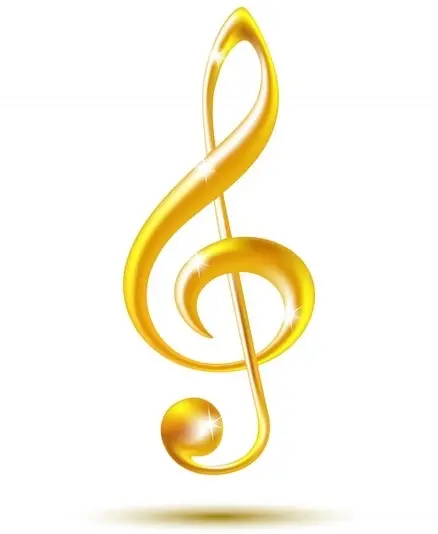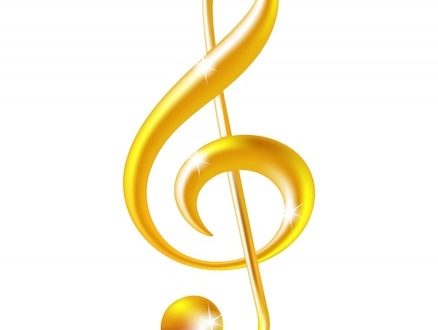
Vivace, vivo; vivache, vivo |
Italian, lit. – alive, lively
A term that prescribes the lively nature of the performance of music. Like other similar designations, it was placed at the beginning of the work to indicate dominance. it contains an affect (see Affect theory). Initially, it was not associated with the idea of u2bu19btempo and was used by Ch. arr. as an addition to other terms (allegro v., allegretto v., andante v., etc.), but as an independent designation – only in plays, the tempo of which was determined by their genre (march, polonaise, etc.) .). Starting from the XNUMXnd floor. XNUMXth century partly loses its original meaning and becomes primarily a designation of a tempo slower than presto and faster than allegro.
L. M. Ginzburg



